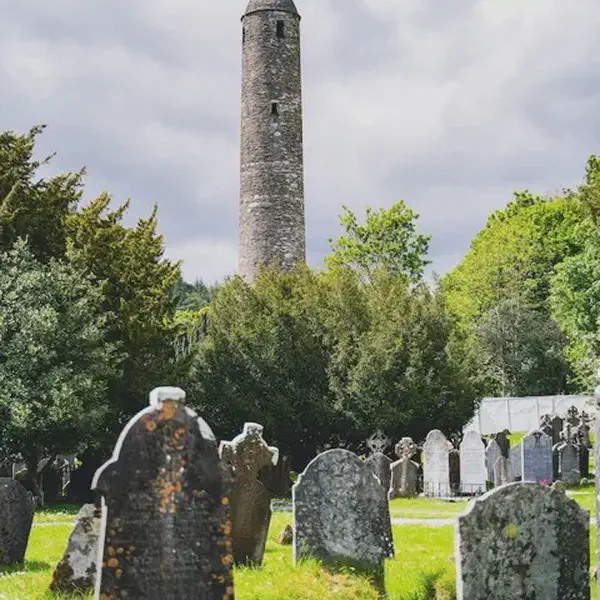
The Catholic Emancipation Act Receives Royal Assent on This Date
April 13, 1829
The Roman Catholic Relief Act 1829, also known as the Catholic Emancipation Act 1829, removed the sacramental tests that barred Roman Catholics in the United Kingdom from Parliament and from higher offices of the judiciary and state. It was the culmination of a fifty-year process of Catholic emancipation which had offered Catholics successive measures of “relief” from the civil and political disabilities imposed by Penal Laws in both Great Britain and in Ireland in the seventeenth, and early eighteenth, centuries.
Convinced that the measure was essential to maintain order in Catholic-majority Ireland, the Duke of Wellington helped overcome the opposition of the King, George IV, and of the House of Lords, by threatening to step aside as Prime Minister and retire his Tory government in favour of a new, likely-reform-minded Whig, ministry.
In Ireland, the Protestant Ascendancy had the assurance of the simultaneous passage of the Parliamentary Elections (Ireland) Act 1829. Its substitution of the British ten-pound, for the Irish forty shilling, freehold qualification disenfranchised over eighty percent of Ireland’s electorate. This included a majority of the tenant farmers who had helped force the issue of emancipation in 1828 by electing to parliament the leader of the Catholic Association, Daniel O’Connell.